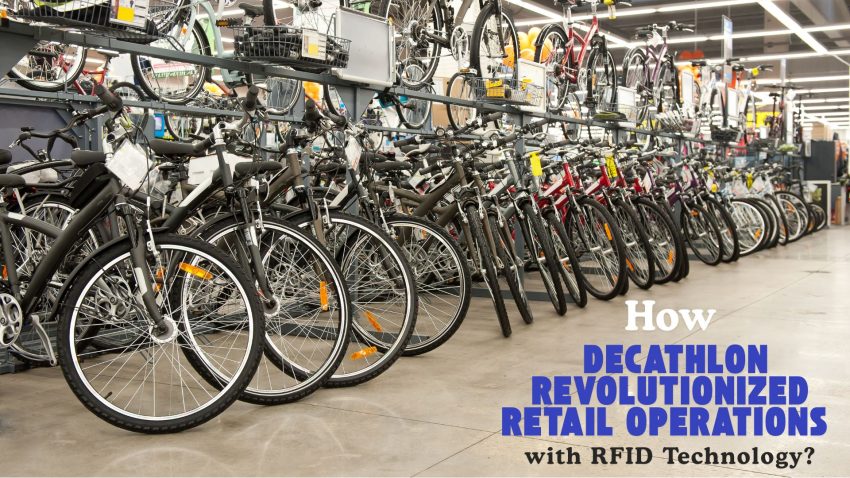In the competitive world of sporting goods retail, inventory management and operational efficiency can make or break a business. Decathlon, the French multinational sporting goods retailer with over 1,500 stores worldwide, recognized this challenge early and embarked on an ambitious digital transformation journey that would position them as a global leader in retail technology adoption. Their comprehensive RFID (Radio Frequency Identification) implementation, powered by Tageos RFID labels, has transformed how they manage millions of products across their entire supply chain.
The Challenge: Managing Millions of Products Across Global Operations
Before implementing RFID technology, Decathlon faced significant operational challenges common to large-scale retailers. Staff members would confirm whether a product was labeled correctly by scanning the barcode and then entering the data into a database, a time-consuming process prone to human error. With thousands of product variations across multiple categories from athletic wear to sporting equipment, maintaining accurate inventory visibility from factory to customer became increasingly complex.
The company needed a solution that would provide real-time visibility across their entire value chain while improving both operational efficiency and customer experience. Traditional barcode systems, while functional, couldn’t deliver the speed and accuracy required for modern retail operations.
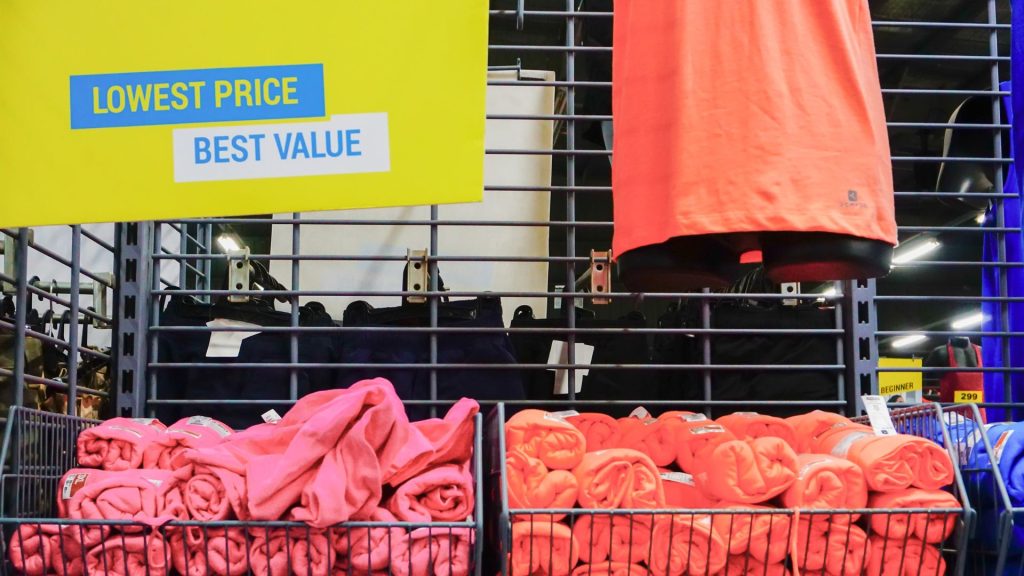
The RFID Solution: Partnering with Tageos for Innovation
Decathlon’s journey toward complete supply chain visibility began with their strategic partnership with Tageos, a leading manufacturer of RFID inlays and tags. Tageos designs specific label (54×34 mm) to match Decathlon product requirements, ensuring optimal performance across diverse product categories.
The implementation wasn’t without its technical challenges. The biggest challenge was to incorporate the RFID tag on certain types of products, as labels don’t tend to work particularly well on contact with water or metal. However, through innovative engineering and design solutions, these obstacles were overcome.
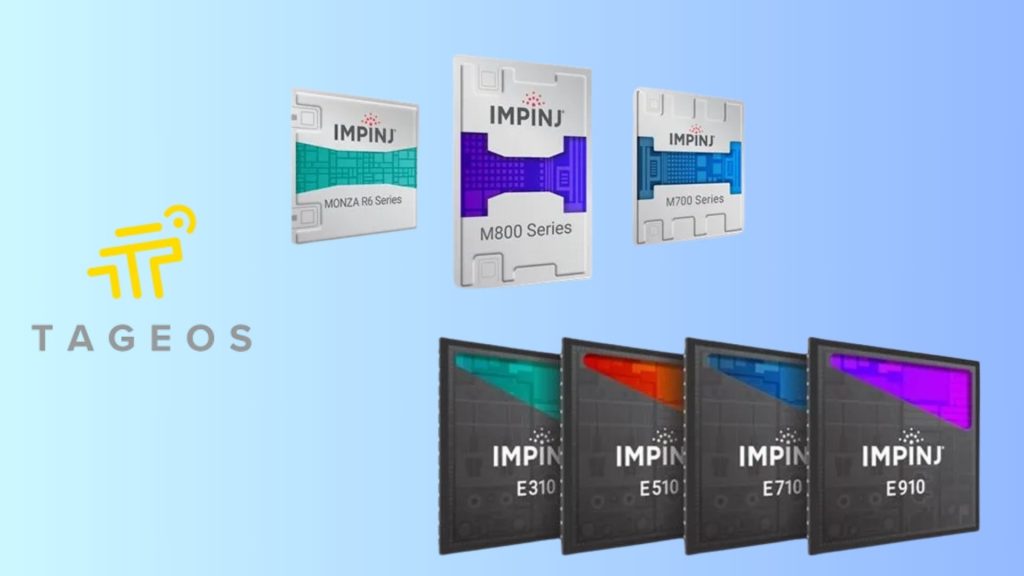
A Decade of Implementation: From Pilot to Global Rollout
Decathlon’s RFID journey represents one of the most ambitious retail technology implementations in history. Decathlon was the first retailer to reach 100% of its products sold with a RAIN RFID Tag, achieving this milestone by January 2019. The scale of this achievement is remarkable: 5 Billion tags consumed between 2013 and 2018, read by more than 50K RFID devices all over the value chain : factories, warehouses and retail.
This comprehensive rollout required careful planning and execution across multiple touchpoints in the supply chain, from manufacturing facilities to retail stores.
End-to-End Visibility: From Factory to Customer
Manufacturing and Distribution
The RFID implementation begins at the source. In the manufacturing factories, Decathlon suppliers use handheld RFID readers to record and track the shipping of goods to the distribution centers. The RFID identification makes the tracking process easier and faster, and reduces the risk of error. This early integration ensures that every product has a unique digital identity from the moment it’s manufactured.
Retail Operations
In Decathlon stores, RFID technology transforms both inventory management and customer experience. These are tiny tags that make our products unique and separately distinguishable. This way, you can access detailed information about them, such as their product number, price depending on their status, availability, etc.
The technology also revolutionizes the checkout process. RFID technology also helps the Decathlon company to bring visibility in the checkout process. The customers put the shopping bags on the checkout table, enabling faster, more accurate transactions.
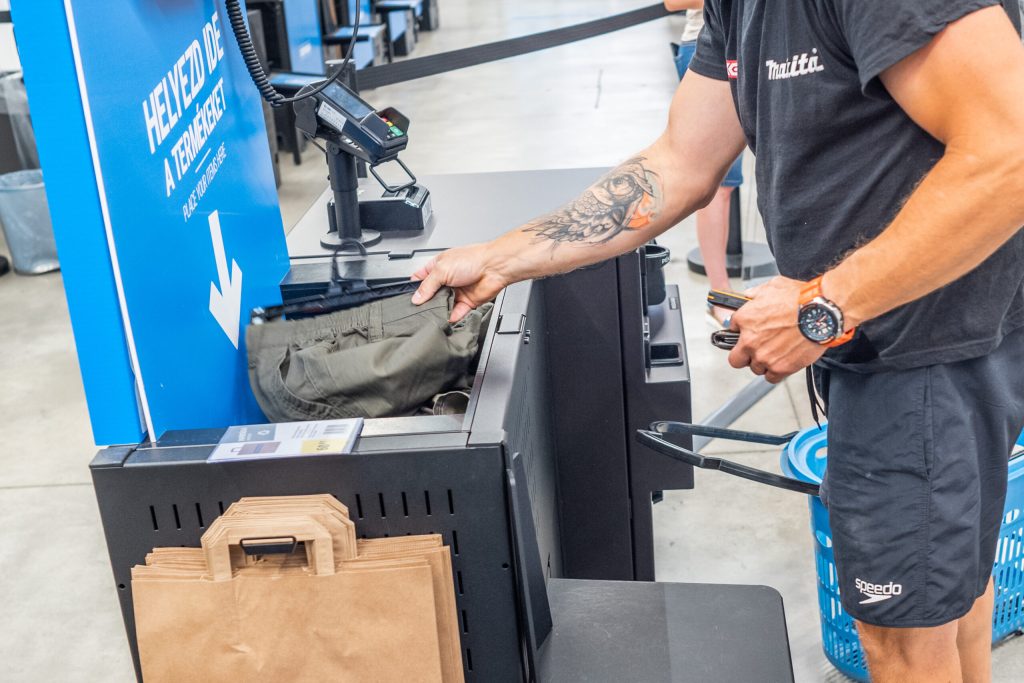
Measurable Business Impact and Benefits
The implementation of RFID technology has delivered substantial benefits across multiple business dimensions:
Operational Efficiency
This technology has enabled Decathlon to increase product availability instore, to accelerate and facilitate checkout, and to improve product security. The real-time visibility provided by RFID systems allows staff to locate products quickly and maintain optimal inventory levels.
Enhanced Customer Experience
Faster checkouts and improved product availability lead to higher customer satisfaction. Customers benefit from reduced wait times and better product availability, directly impacting their shopping experience.
Strategic Business Value
Product tracking and availability enables Decathlon to sell at the right price and ensure on-shelf availability, contributing to increased revenue and market competitiveness.
Building on Success: Traceability and Transparency
Beyond operational improvements, Decathlon’s RFID implementation supports their broader sustainability and transparency goals. Each product tells a story, a unique journey that builds trust and reinforces knowledge of the products that pass through our hands. The concept of product traceability and RFID are intimately linked.
This level of traceability enables Decathlon to provide customers with detailed product information, supporting informed purchasing decisions and building brand trust.
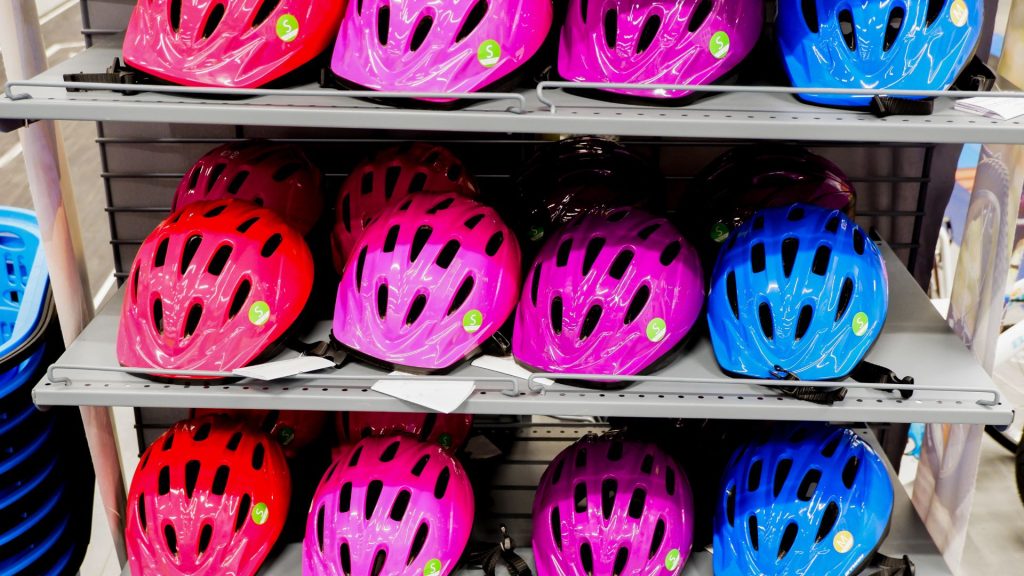
Sharing Expertise: Decathlon RFID Services
Recognizing the value of their RFID expertise, The Decathlon RFID project is a reference ; using this unrivaled expertise, make sure that you have capitalized a strong and unique technical RFID expert. The company now offers RFID consulting services, helping other retailers benefit from their decade of implementation experience.
Key Takeaways for Retail Digital Transformation
Decathlon’s RFID journey offers several important lessons for retailers considering similar implementations:
Start with clear objectives: Focus on specific business challenges and measurable outcomes rather than technology for its own sake.
Plan for scale: Success requires thinking beyond pilot programs to full-scale implementation across all operations.
Choose the right partners: Technical expertise and customized solutions, like those provided by Tageos, are crucial for overcoming implementation challenges.
Think end-to-end: True supply chain visibility requires integration across all touchpoints, from manufacturing to retail.
The Future of Retail Technology
Decathlon’s successful application of RFID technology demonstrates that it can significantly improve operational efficiency while optimizing the customer experience, thereby providing the company with stronger market competitiveness. Their implementation serves as a blueprint for other retailers looking to leverage technology for competitive advantage.
As retail continues to evolve in an increasingly digital world, Decathlon’s comprehensive approach to RFID implementation demonstrates how strategic technology investments can transform operations while delivering tangible benefits to both businesses and customers. Their journey from traditional inventory management to complete end-to-end visibility represents not just operational excellence, but a commitment to innovation that continues to set industry standards.
For retailers considering RFID implementation, Decathlon’s success story proves that with the right strategy, technology partners, and commitment to comprehensive deployment, RFID can deliver transformational results across the entire value chain.
